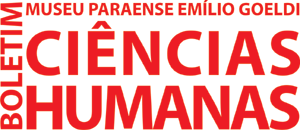Charles Wagley contributed significantly to the ethnographic study of culture and society in Brazil. In addition to his well-known work on both rural and urban Brazilian populations, Wagley was a pioneering ethnographer of indigenous societies in Brazil, especially the Tapirapé and Tenetehara, associated with the Tupí-Guaraní language family. In comparing these two societies specifically, Wagley was most interested in their kinship systems, especially the types of kinship or relationship terminology that these exhibited. In both cases, he found that what had once been probably classificatory, bifurcate-merging terminologies seem to have developed into more or less bifurcate-collateral (or Sudanese-like) terminologies, perhaps partly as a result of contact and depopulation. Recent research on kinship nomenclature and salience of relationship terms among the Ka'apor people, also speakers of a Tupí-Guaraní language, corroborates Wagley's original insights and indicates their relevance to contemporary ethnography.
Relationship terms; Tupí-Guaraní; Amazonia; Ethnography









